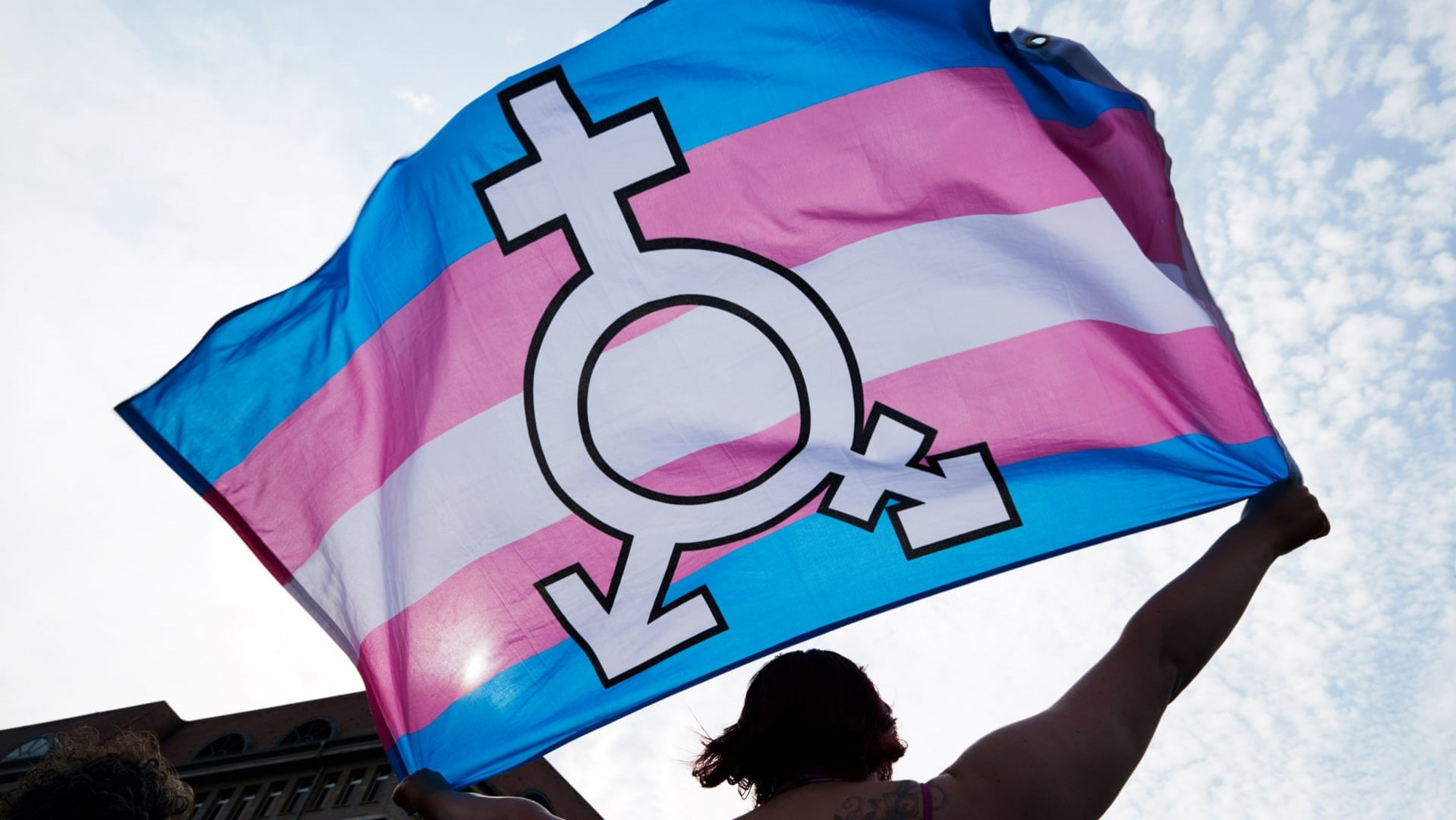Now, Tsepo Bollwinkel is committed to all trans people who are no longer able to have children due to compulsory sterilization. "I felt grateful for that opportunity because it was important for me to get legal recognition,” Bollwinkel told Thomson Reuters Foundation. 25 years later, Bollwinkel is trying to get an apology from the German government. "I am not interested in money," he says, “But in Germany, like in other European societies, recognition has to come in the shape of euros to be considered real.”
A trans woman who was sterilized thirty years ago tells Reuters that the law has "robbed" her of the possibility to start a family. “They just could not conceive that a man could get pregnant or that a woman could make another woman pregnant.”
Many countries have a legislation which requires trans people to undergo sterilization in order to legally change their gender. Germany had such a law until 2011. The European Court of Human Rights ruled in 2017 that this type of legislation is a violation of human rights. According to the German trans-rights organization Bundesverband Trans*, around 10,000 Germans have been sterilized.
According to Reuters, the German Justice Ministry refused to respond regarding Bollwainkels demands.















